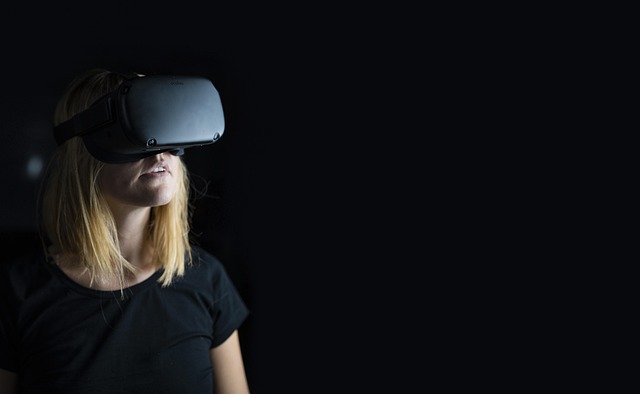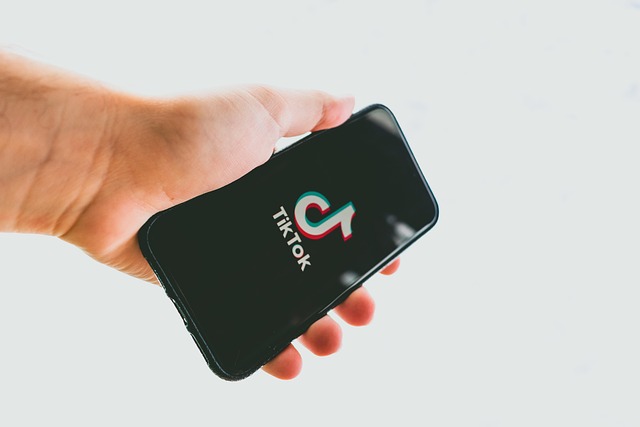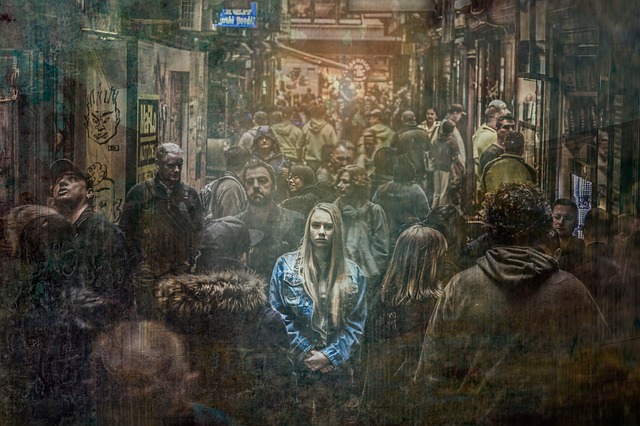In a world where a swipe, a like, or a message can spark a conversation with someone across the globe, the way we form connections has evolved dramatically. Welcome to the age of the virtual experience, where social media platforms serve as bridges between people who might never have crossed paths in the physical world. From Facebook and Instagram to TikTok and Twitter, we are more “connected” than ever before, and yet, we often find ourselves questioning the depth and authenticity of these interactions.
The impact of social media on relationships is complex. On one hand, it has allowed us to maintain contact with old friends, build new communities, and experience a continuous form of presence, regardless of distance. Virtual birthday wishes, online support groups, and shared digital experiences like video calls and collaborative playlists all offer ways to stay emotionally engaged with one another. These tools provide comfort and familiarity, especially during moments of isolation or crisis.
However, the same platforms that enhance our ability to connect can also blur the lines between meaningful relationships and superficial interactions. We curate idealized versions of our lives and consume the curated lives of others, sometimes leading to feelings of inadequacy or loneliness. The virtual experience begins to replace physical presence with digital noise. A heart emoji becomes a substitute for a comforting hug, and deep conversations give way to short messages and memes.
More profoundly, dependence on these platforms can shift how we perceive intimacy and trust. It’s not uncommon for people to check someone’s online activity as a measure of interest or investment in a relationship. In this sense, digital breadcrumbs become the currency of emotional validation. The difference between feeling truly “connected” and just being part of someone’s “contacts” list can sometimes be disheartening.
Despite its challenges, social media has undeniably changed the dynamics of our personal and even professional relationships. For immigrant families, long-distance couples, and global teams, these tools create lifelines and shared spaces that defy geographic boundaries. The ability to foster empathy, laughter, and understanding through screens is both magical and, at times, overwhelming.
Ultimately, like all tools, social media’s effect on our connections depends on how we wield it. It can either enhance our human experience or dilute it. Emphasizing mindfulness and intention in our digital interactions helps ensure that our virtual experience remains one of true contact, vulnerability, and emotional growth rather than disconnection masked by constant connectivity.




